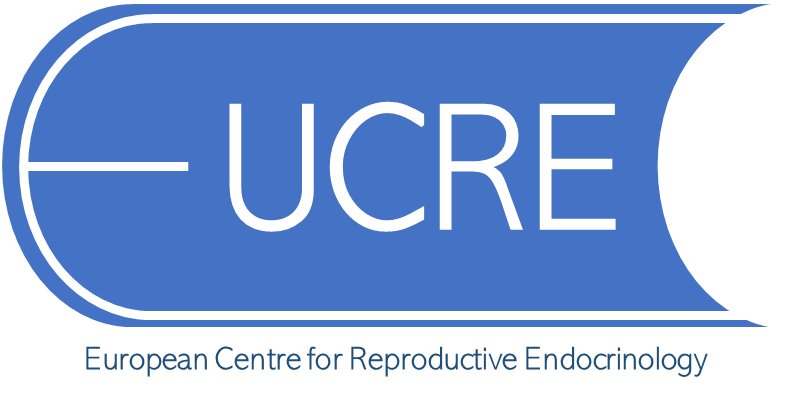History
European Center for Reproductive Endocrinology (EUCRE)
Historical Background
The European Center for Reproductive Endocrinology (EUCRE) unites clinicians, scientists, geneticists, and patient advocates to accelerate the translation of scientific discoveries into better diagnostics, treatments, and patient care for reproductive endocrine disorders. Key goals include:
- Enhanced Access to Expert Care: EUCRE improves access to specialized care and develops guidelines and educational resources for patients.
- Training and Mentorship: EUCRE trains junior scientists through funding and exchange programs, fostering collaboration at top research centers across Europe.
- Collaborative Research and Annual Conferences: Annual meetings focus on sharing unpublished research, strengthening collaborations, and co-applying for funding. These conferences, which include training schools for young researchers, have been a tradition since EUCRE’s founding as the GnRH Network in 2012.
- Global Reach: Although primarily based in Europe, EUCRE includes members from countries worldwide, including South Africa and Australia.
Historical Background
EUCRE began as the GnRH Network, launched by Prof. Nelly Pitteloud in 2012 under a COST grant. Yearly meetings were held in Prato, Italy, with occasional sessions in other locations, such as Budapest in 2017. When the COST grant ended in 2018, the network expanded to address a broader range of reproductive endocrine disorders, evolving into EUCRE and continuing its annual gatherings, now funded by member dues.
Notable Milestones
- South Africa Meeting: Originally planned for 2020, EUCRE’s meeting at Kruger National Park aims to support African researchers and clinicians. Postponed by COVID-19, it is rescheduled for September 2022, with additional funding being sought to assist members affected by pandemic-related financial challenges.
- Key Publications and Research Successes: EUCRE members have co-authored pivotal works, such as the 2015 European Consensus Statement on congenital hypogonadotropic hypogonadism in Nature Reviews Endocrinology, defining standards of care. Collaborative projects have also received significant funding from sources like the Swiss National Foundation and the European Research Council.
EUCRE continues to expand its reach and impact, advancing reproductive endocrinology through collaborative research, comprehensive training, and global scientific exchange.


